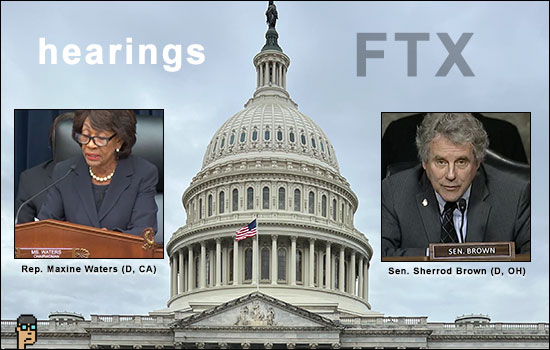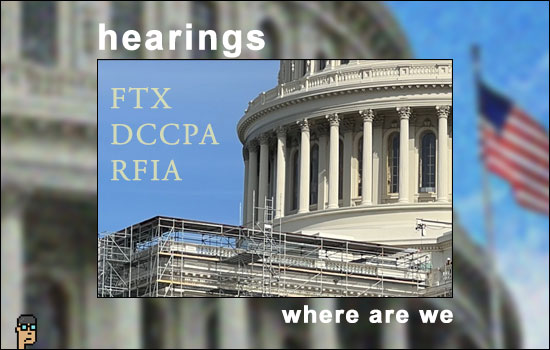Amidst the most recent crypto cataclysm, hopeful narratives have emerged suggesting that the U.S. government and other jurisdictions could have prevented the implosion of offshore firms such as FTX.
The argument offers two similar threads related to regulatory guardrails:
-
- Stay in the U.S. instead of leave: Better crypto-specific regulation in the United States would have encouraged companies to stay local and therefore discouraged unregulated development elsewhere to “infect” unsuspecting U.S. consumers.
- Grow in the U.S. instead of nothing: Clear regulation in the U.S. presumably grows the crypto industry by inspiring entrepreneurship in the United States. Lack of clarity does not promote risk-taking for which U.S. entrepreneurship is known.
FTX’s international unit presumably would not be experiencing bankruptcy today if it was required to adhere to current United States banking laws let alone anything crypto-specific that may bubble up someday. Of course, a CFO might have helped, too.
It’s fair to ask, would FTX’s founders ever founded anything in the U.S.? Were they only interested in exploiting unregulated environments? Maybe so. And so… does that need to be “onshored”? Doesn’t seem like it.
The European Union (EU) is thinking about how to take a crack at regulating offshore entities but is still far from pulling the trigger. The European Securities and Markets Authority (ESMA) will be on the hook in the EU once Markets in Crypto-Assets (MiCA) regulation takes effect in 2024 or thereafter.
Continue reading “Wishful Thinking? Regulating Crypto To Bring Offshore Onshore”




